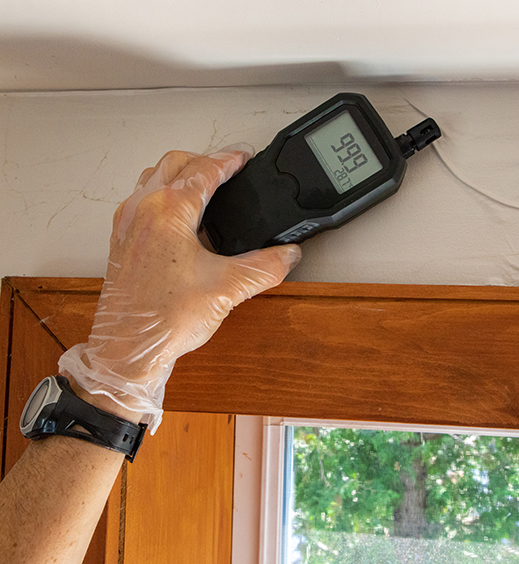
A mold inspection is a thorough assessment of a property to detect the presence of mold growth and identify potential sources of moisture. Mold thrives in damp and humid environments, often found in basements, attics, bathrooms, and areas affected by water damage.
Why is a Mold Inspection Important?
Mold can pose serious health risks, especially for individuals with allergies, asthma, or weakened immune systems. It can also cause structural damage to buildings if left unchecked. A professional mold inspection helps:
Detect hidden mold growth
Identify sources of excess moisture
Prevent health-related issues such as respiratory problems
Preserve property value and structural integrity
What to Expect During a Mold Inspection
Visual Inspection – A certified mold inspector examines the property for visible signs of mold growth and moisture issues.
Moisture and Humidity Testing – Specialized tools detect high humidity levels and hidden moisture sources.
Air and Surface Sampling – Samples may be collected for laboratory testing to determine mold type and concentration.
Detailed Report and Recommendations – A comprehensive report outlines findings and provides recommendations for mold remediation and moisture control.